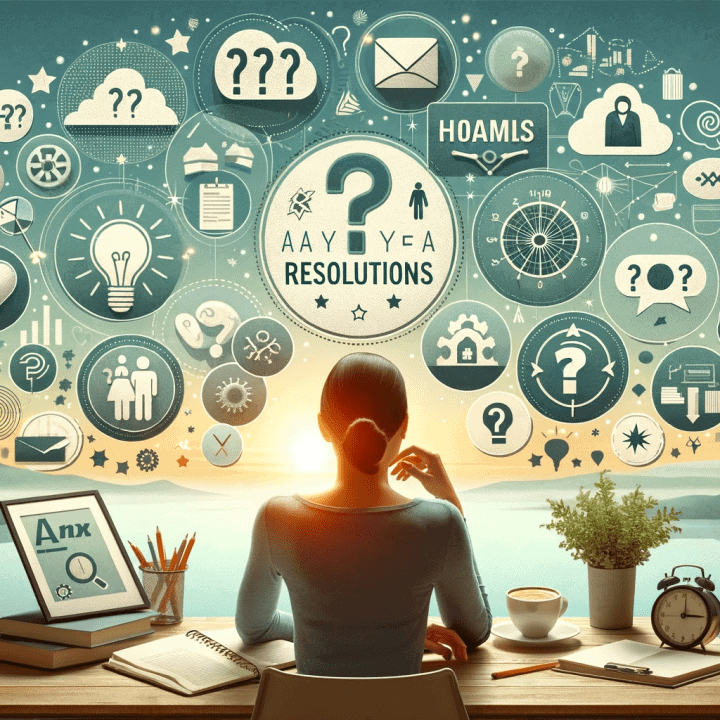Three Ways To Build Rapport Effectively
Have you ever met one of those people who can get anyone’s attention very easily? Whom everyone seems to listen to without them even making an effort?
That is mainly because they’re good a creating rapport.
What Is Rapport?
Some time ago, I attended a negotiation training from a person that I very much admire, and we were discussing ways of keeping people engaged during the process of negotiating. His main advice was to do something so simple yet so profound that, to this day, I still think about it every day.
“If you ain’t got rapport, you ain’t got nothing!”, he said quoting Richard Bandler one of the co-creators of NLP.
Think about it. How simple yet profound that statement is!
There’s a common misconception about the word ‘rapport’, as it is associated to liking or being likeable. Well, it’s not either one of these.
Rapport is not liking, although liking often follows from it.
“Rapport is eliciting and holding the willing attention of another person or group of people with a view to facilitating communication” as defined by Chris and Jules Collingwood in the NLP Field Guide Part 1.
Rapport is essential to the success of any communication where there is an outcome. Think about that for a second. Would you care about having someone’s attention if that person had absolutely nothing to do with the outcome you were trying to achieve?
How do you get there?
There are a variety of ways to build rapport, and some of the most commonly known are:
- Physiological, which includes matching posture, breathing and gestures;
- Verbal, which involves verbal agreement;
- Non-verbal, which include matching tempo and volume of someone’s voice;
Remember, these are a few commonly taught methods, and there are others.
But how does that relate to NLP?
John Grinder has said that the first of three essential elements for creating change in someone’s perception (i.e., influencing) is rapport.
So, next time you’re out there and having trouble with your communication, remember:
“If you ain’t got rapport, you ain’t got nothing.”
Exceptionally effective individuals know this well enough. As Dr. John Grinder, co-creator of NLP, says, “attention is the currency of relationship.”
The best way to learn this is experientially, so go out there and take your next step towards Exceptional Effectiveness. Go ahead and try it.,
Start small first and see it for yourself. It will change your life, just like it changed mine.
Remember, this is practical advice, not just another theory, so do go out and try it, and let me know how you went.
Related articles
Learn more about NLP by reading our Ultimate Compendium of NLP
If you found this article useful, please share it.
Similar Posts
Subscribe Now!
Stay Up-to-Date with Our Latest Courses and Special Offers
Stay in the loop with new course releases and opportunities by completing our form. Never miss out!


